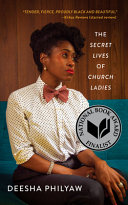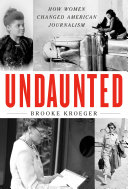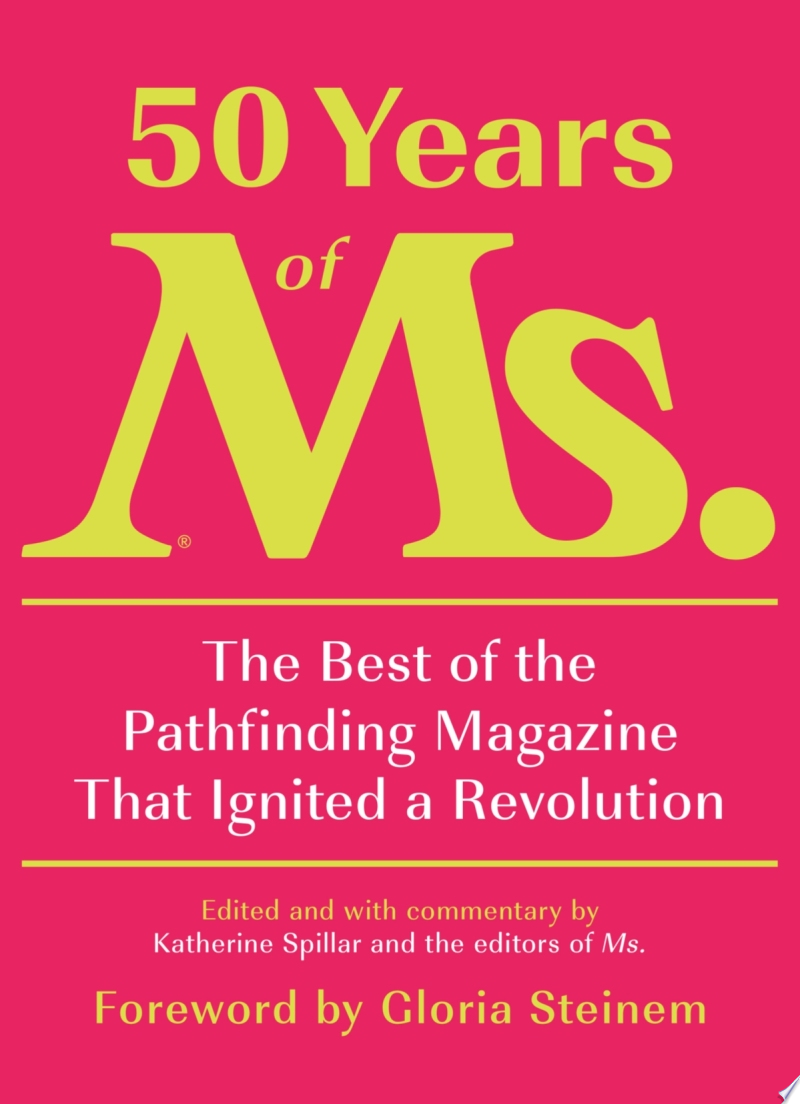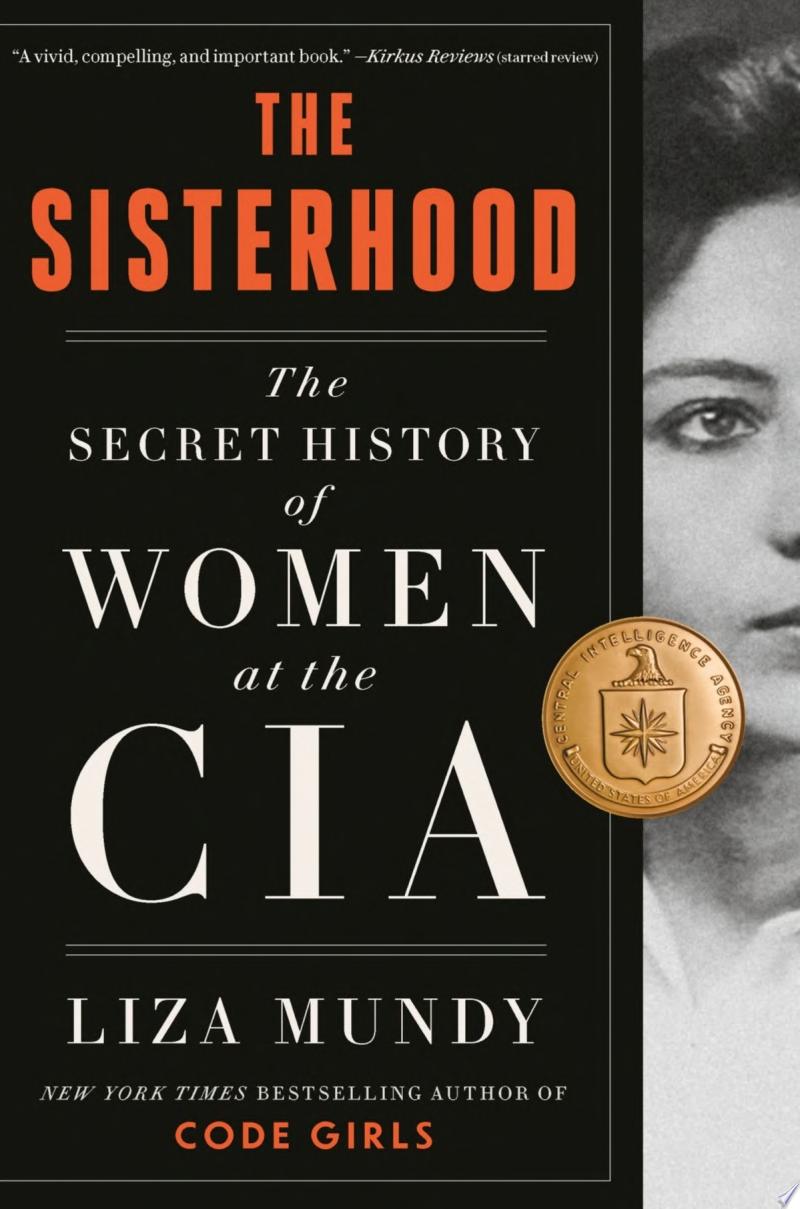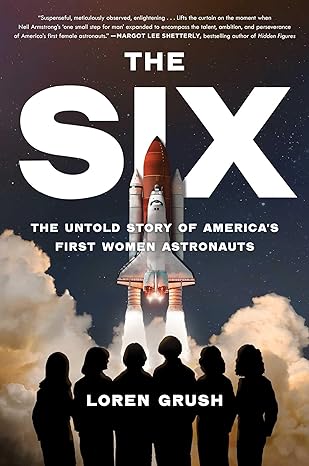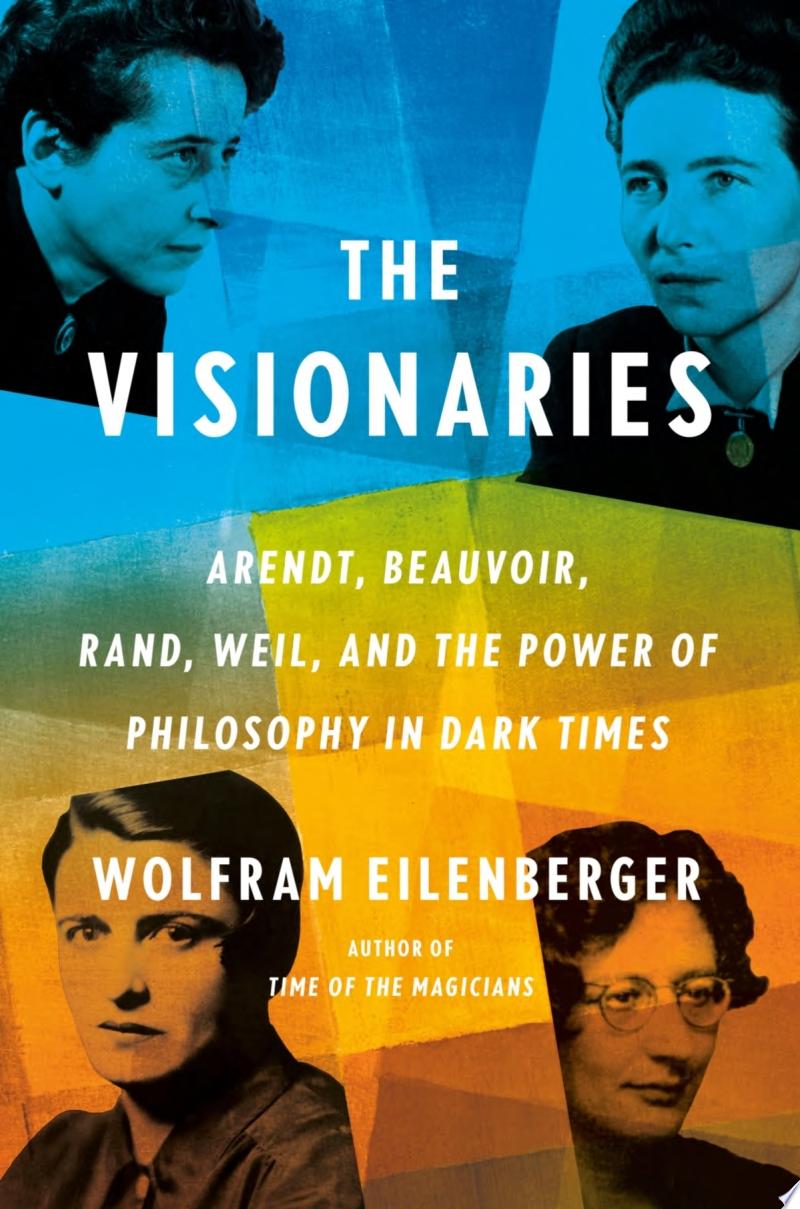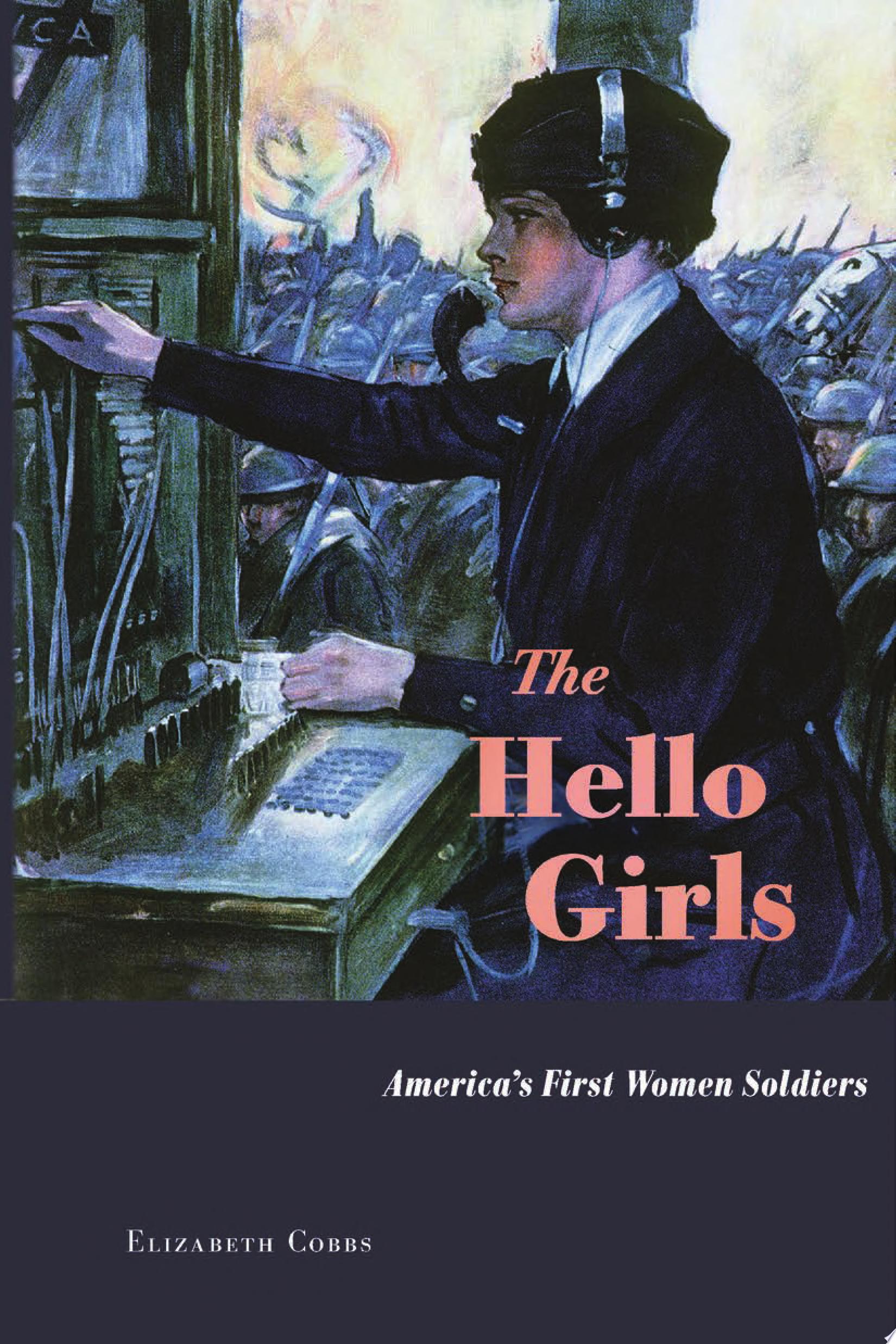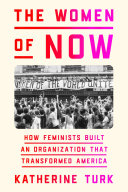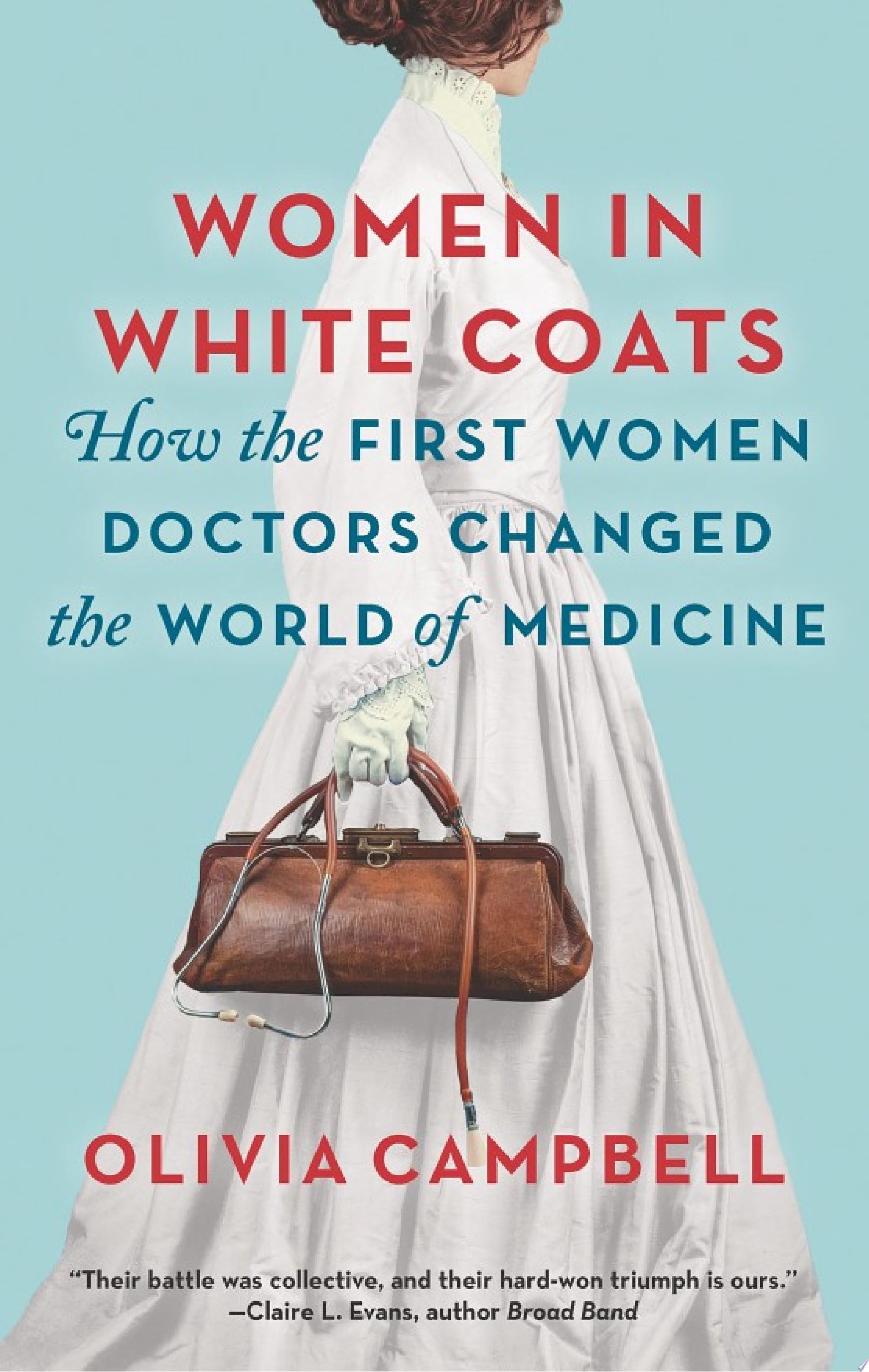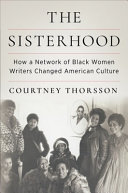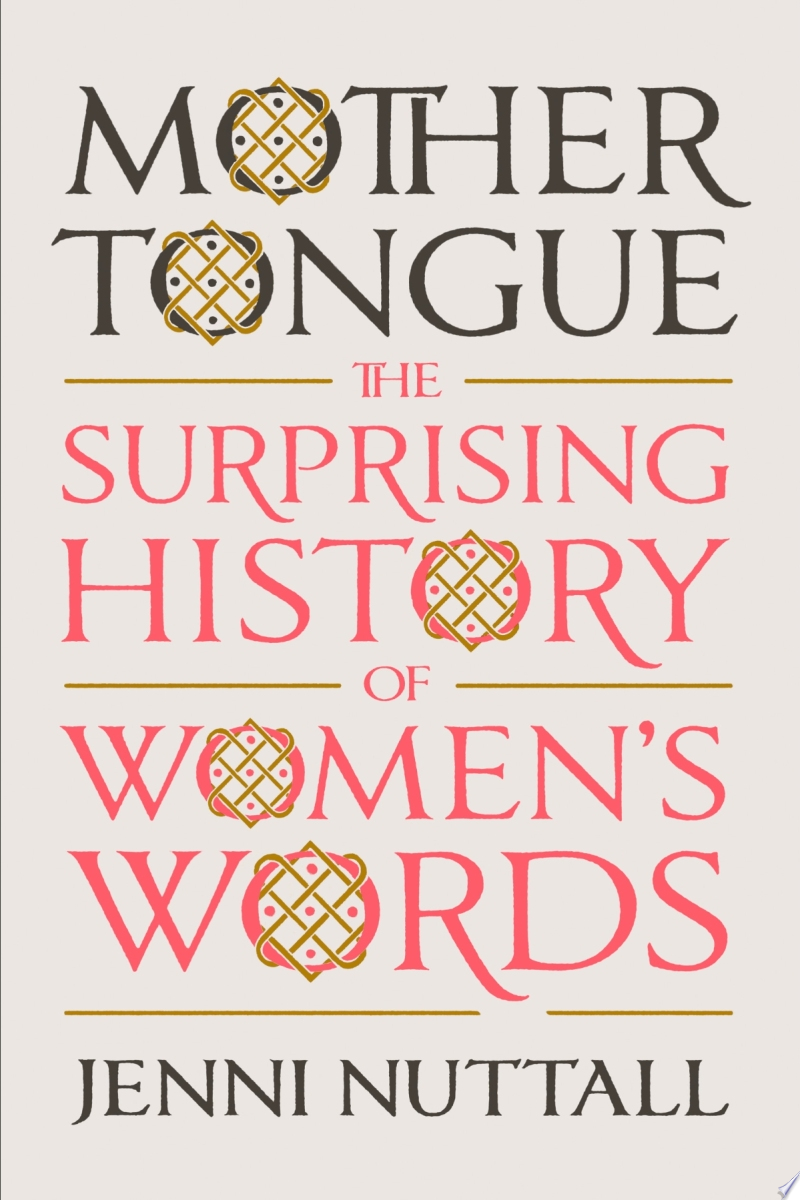List
The Wharton Plot
Mariah Fredericks
Mariah Fredericks' mesmerizing novel, The Wharton Plot, follows renowned novelist Edith Wharton in the twilight years of the Gilded Age in New York as she tracks a killer.
New York City, 1911. Edith Wharton, almost equally famed for her novels and her sharp tongue, is bone-tired of Manhattan. Finding herself at a crossroads with both her marriage and her writing, she makes the decision to leave America, her publisher, and her loveless marriage.
And then, dashing novelist David Graham Phillips—a writer with often notorious ideas about society and women’s place in it—is shot to death outside the Princeton Club. Edith herself met the man only once, when the two formed a mutual distaste over tea in the Palm Court of the Belmont hotel. When Phillips is killed, Edith's life takes another turn. His sister is convinced Graham was killed by someone determined to stop the publication of his next book, which promised to uncover secrets that powerful people would rather stayed hidden. Though unconvinced, Edith is curious. What kind of book could push someone to kill?
Inspired by a true story, The Wharton Plot follows Edith Wharton through the fading years of the Gilded Age in a city she once loved so well, telling a taut tale of fame, love, and murder, as she becomes obsessed with solving a crime.
Park Avenue Summer
Renée Rosen
“‘Mad Men meets The Devil Wears Prada,’ which might as well be saying ‘put me in your cart immediately.’”—PopSugar
It’s 1965 and Cosmopolitan magazine’s brazen new editor in chief—Helen Gurley Brown—shocks America and saves a dying publication by daring to talk to women about all things off-limits...
New York City is filled with opportunities for single girls like Alice Weiss, who leaves her small Midwestern town to chase her big-city dreams and unexpectedly lands a job working for the first female editor in chief of Cosmopolitan magazine, Helen Gurley Brown.
For Alice, who wants to be a photographer, it seems like the perfect foot in the door, but nothing could have prepared her for the world she enters. Editors and writers resign on the spot, refusing to work for the woman who wrote the scandalous bestseller Sex and the Single Girl, and confidential memos, article ideas, and cover designs keep finding their way into the wrong hands. When someone tries to pull Alice into a scheme to sabotage her boss, she is more determined than ever to help Helen succeed.
While pressure mounts at the magazine, Alice struggles not to lose sight of her own dreams as she’s swept up into a glamorous world of five-star dinners, lavish parties, and men who are certainly no good. Because if Helen Gurley Brown has taught her anything, it’s that a woman can demand to have it all.
City of Girls
Elizabeth Gilbert
AN INSTANT NEW YORK TIMES BESTSELLER!
From the # 1 New York Times bestselling author of Eat Pray Love and The Signature of All Things, a delicious novel of glamour, sex, and adventure, about a young woman discovering that you don't have to be a good girl to be a good person.
"A spellbinding novel about love, freedom, and finding your own happiness." - PopSugar
"Intimate and richly sensual, razzle-dazzle with a hint of danger." -USA Today
"Pairs well with a cocktail...or two." -TheSkimm
"Life is both fleeting and dangerous, and there is no point in denying yourself pleasure, or being anything other than what you are."
Beloved author Elizabeth Gilbert returns to fiction with a unique love story set in the New York City theater world during the 1940s. Told from the perspective of an older woman as she looks back on her youth with both pleasure and regret (but mostly pleasure), City of Girls explores themes of female sexuality and promiscuity, as well as the idiosyncrasies of true love.
In 1940, nineteen-year-old Vivian Morris has just been kicked out of Vassar College, owing to her lackluster freshman-year performance. Her affluent parents send her to Manhattan to live with her Aunt Peg, who owns a flamboyant, crumbling midtown theater called the Lily Playhouse. There Vivian is introduced to an entire cosmos of unconventional and charismatic characters, from the fun-chasing showgirls to a sexy male actor, a grand-dame actress, a lady-killer writer, and no-nonsense stage manager. But when Vivian makes a personal mistake that results in professional scandal, it turns her new world upside down in ways that it will take her years to fully understand. Ultimately, though, it leads her to a new understanding of the kind of life she craves - and the kind of freedom it takes to pursue it. It will also lead to the love of her life, a love that stands out from all the rest.
Now eighty-nine years old and telling her story at last, Vivian recalls how the events of those years altered the course of her life - and the gusto and autonomy with which she approached it. "At some point in a woman's life, she just gets tired of being ashamed all the time," she muses. "After that, she is free to become whoever she truly is." Written with a powerful wisdom about human desire and connection, City of Girls is a love story like no other.
Violeta [English Edition]
Isabel Allende
NEW YORK TIMES BESTSELLER • This sweeping novel from the author of A Long Petal of the Sea tells the epic story of Violeta Del Valle, a woman whose life spans one hundred years and bears witness to the greatest upheavals of the twentieth century.
“An immersive saga about a passion-filled life.”—People
ONE OF THE BEST BOOKS OF THE YEAR: PopSugar, Real Simple, Reader’s Digest
Violeta comes into the world on a stormy day in 1920, the first girl in a family with five boisterous sons. From the start, her life is marked by extraordinary events, for the ripples of the Great War are still being felt, even as the Spanish flu arrives on the shores of her South American homeland almost at the moment of her birth.
Through her father’s prescience, the family will come through that crisis unscathed, only to face a new one as the Great Depression transforms the genteel city life she has known. Her family loses everything and is forced to retreat to a wild and beautiful but remote part of the country. There, she will come of age, and her first suitor will come calling.
She tells her story in the form of a letter to someone she loves above all others, recounting times of devastating heartbreak and passionate affairs, poverty and wealth, terrible loss and immense joy. Her life is shaped by some of the most important events of history: the fight for women’s rights, the rise and fall of tyrants, and ultimately not one, but two pandemics.
Through the eyes of a woman whose unforgettable passion, determination, and sense of humor carry her through a lifetime of upheaval, Isabel Allende once more brings us an epic that is both fiercely inspiring and deeply emotional.
The Secret Lives of Church Ladies
Deesha Philyaw
*FINALIST for the 2020 National Book Award for Fiction*
*WINNER of the 2021 PEN/Faulkner Award*
*WINNER of the 2020 Story Prize*
*WINNER of the 2020 L.A. Times Book Prize, Art Seidenbaum Award for First Fiction*
"Beguiling." --The New Yorker
"Tender, fierce, proudly black and beautiful, these stories will sneak inside you and take root." --Kirkus Reviews (starred review)
"Triumphant." --Publishers Weekly
"Cheeky, insightful, and irresistible." --Ms. Magazine
"This collection marks the emergence of a bona fide literary treasure." --Minneapolis Star Tribune
"Full of lived-in humanity, warmth, and compassion." --Pittsburgh Current
The Secret Lives of Church Ladies explores the raw and tender places where Black women and girls dare to follow their desires and pursue a momentary reprieve from being good. The nine stories in this collection feature four generations of characters grappling with who they want to be in the world, caught as they are between the church's double standards and their own needs and passions.
There is fourteen-year-old Jael, who has a crush on the preacher's wife. At forty-two, Lyra realizes that her discomfort with her own body stands between her and a new love. As Y2K looms, Caroletta's "same time next year" arrangement with her childhood best friend is tenuous. A serial mistress lays down the ground rules for her married lovers. In the dark shadows of a hospice parking lot, grieving strangers find comfort in each other.
With their secret longings, new love, and forbidden affairs, these church ladies are as seductive as they want to be, as vulnerable as they need to be, as unfaithful and unrepentant as they care to be, and as free as they deserve to be.
Undaunted
Brooke Kroeger
An essential history of women in American journalism, showcasing the most renowned trailblazers since 1840.
Undaunted is a representative history of the American women who ignored every impediment put in their way to do journalism’s most valued work. Brooke Kroeger examines the experiences of both the best remembered and the long-forgotten: beginning with Margaret Fuller’s improbable rise in the 1840s; tracing the breakthrough investigative triumphs of Nellie Bly, Ida Tarbell, and Ida B. Wells; revisiting the standout reporting of women who covered major news stories and every conflict at home and abroad since the Civil War; and celebrating many other outstanding careers up to the present, including those of Martha Gellhorn, Rachel Carson, Janet Malcolm, Joan Didion, Cokie Roberts, and Charlayne Hunter-Gault.
Chronicled here as well is the collective fight for equity from the gentle chidings of the late 1800s through the #MeToo movement and today’s racial and gender issues. Undaunted unveils the huge and singular impact exceptional women have had on a field still dominated by men.
50 Years of Ms.
Katherine Spillar
The New York Times Book Review Editor's Choice • A celebration of Ms.—the most startling, most audacious, most norm-breaking of the magazine's groundbreaking pieces on women, men, politics (sexual and otherwise), marriage, family, education, work, motherhood, and reproductive rights, as well as the best of the magazine’s fiction, poetry, and letters. • Featuring Billie Jean King, Alison Bechdel, and Audre Lorde, among many others.
“I’ve been a Ms. reader since its earliest days. The magazine’s bold, boundary-breaking reporting has motivated me, infuriated me, and inspired me. And now this one extraordinary book—50 Years of Ms.—captures it all.” —Jane Fonda, actor and activist
“Ms.—in 1972—normalized being a woman, abortion and all. And here we are, 50 years later, needing that now more than ever.” —Sarah Silverman, comedian, actor, and writer
For the past five decades Ms. has been the nation’s most influential source of feminist ideas, and it remains at the forefront of feminism today, affecting thought and culture with a younger-than-ever readership (ages 16-20!).
Ms. was the first U.S. magazine to:
- feature prominent American women demanding the repeal of laws that criminalized abortion
- explain and advocate for the Equal Rights Amendment
- rate presidential candidates on women’s issues
- feature domestic violence and sexual harassment on its cover, long before either was widely understood or acknowledged
- commission and publish a national study on date rape
Here is the best reporting, fiction, and advertising, decade by decade, as well as the best photographs and features that reveal and reflect the changes set in motion by Ms., along with the iconic covers that galvanized readers.
Here are essays, profiles, conversations with and features by: Alice Walker, Cynthia Enloe, Pauli Murray, Nancy Pelosi, bell hooks, Eleanor Holmes Norton, Brittney Cooper, and Joy Harjo, as well as fiction and poetry by Toni Morrison, Joyce Carol Oates, Adrienne Rich, Rita Dove, and Sharon Olds, and many others.
The Sisterhood
Liza Mundy
A New York Times Book Review Editors’ Choice • The acclaimed author of Code Girls returns with a “rip-roaring” (Steve Coll), “staggeringly well-researched” (The New York Times) history of three generations at the CIA, “electric with revelations” (Booklist) about the women who fought to become operatives, transformed spycraft, and tracked down Osama bin Laden.
“This masterful book cements Liza Mundy as one of our foremost historians.”—Kate Moore, bestselling author of The Radium Girls
A FOREIGN POLICY AND SMITHSONIAN BEST BOOK OF THE YEAR
Created in the aftermath of World War II, the Central Intelligence Agency relied on women even as it attempted to channel their talents and keep them down. Women sent cables, made dead drops, and maintained the agency’s secrets. Despite discrimination—even because of it—women who started as clerks, secretaries, or unpaid spouses rose to become some of the CIA’s shrewdest operatives.
They were unlikely spies—and that’s exactly what made them perfect for the role. Because women were seen as unimportant, pioneering female intelligence officers moved unnoticed around Bonn, Geneva, and Moscow, stealing secrets from under the noses of their KGB adversaries. Back at headquarters, women built the CIA’s critical archives—first by hand, then by computer. And they noticed things that the men at the top didn’t see. As the CIA faced an identity crisis after the Cold War, it was a close-knit network of female analysts who spotted the rising threat of al-Qaeda—though their warnings were repeatedly brushed aside.
After the 9/11 attacks, more women joined the agency as a new job, targeter, came to prominence. They showed that data analysis would be crucial to the post-9/11 national security landscape—an effort that culminated spectacularly in the CIA’s successful effort to track down bin Laden in his Pakistani compound.
Propelled by the same meticulous reporting and vivid storytelling that infused Code Girls, The Sisterhood offers a riveting new perspective on history, revealing how women at the CIA ushered in the modern intelligence age, and how their silencing made the world more dangerous.
The six : the untold story of America's first women astronauts
Loren Grush
“Vivid.” —The Guardian * “Engrossing.” —Booklist * “Suspenseful, meticulously observed, enlightening.” —Margot Lee Shetterly, #1 New York Times bestselling author of Hidden Figures
In this account of America’s first women astronauts “Grush skillfully weaves a story that, at its heart, is about desire: not a nation’s desire to conquer space, but the longing of six women to reach heights that were forbidden to them” (The New York Times).
When NASA sent astronauts to the moon in the 1960s and 1970s the agency excluded women from the corps, arguing that only military test pilots—a group then made up exclusively of men—had the right stuff. It was an era in which women were steered away from jobs in science and deemed unqualified for space flight. Eventually, though, NASA recognized its blunder and opened the application process to a wider array of hopefuls, regardless of race or gender. From a candidate pool of 8,000 six elite women were selected in 1978—Sally Ride, Judy Resnik, Anna Fisher, Kathy Sullivan, Shannon Lucid, and Rhea Seddon.
In The Six, acclaimed journalist Loren Grush shows these brilliant and courageous women enduring claustrophobic—and sometimes deeply sexist—media attention, undergoing rigorous survival training, and preparing for years to take multi-million-dollar payloads into orbit. Together, the Six helped build the tools that made the space program run. One of the group, Judy Resnik, sacrificed her life when the Space Shuttle Challenger exploded at 46,000 feet. Everyone knows of Sally Ride’s history-making first space ride, but each of the Six would make their mark. “A spirited group biography…it’s hard not to feel awe for these women” (The Wall Street Journal).
The Visionaries
Wolfram Eilenberger
A soaring intellectual narrative starring the radical, brilliant, and provocative philosophers Simone de Beauvoir, Hannah Arendt, Simone Weil, and Ayn Rand by the critically acclaimed author of Time of the Magicians, Wolfram Eilenberger
The period from 1933 to 1943 was one of the darkest and most chaotic in human history, as the Second World War unfolded with unthinkable cruelty. It was also a crucial decade in the dramatic, intersecting lives of some of history’s greatest philosophers. There were four women, in particular, whose parallel ideas would come to dominate the twentieth century—at once in necessary dialogue and in striking contrast with one another.
Simone de Beauvoir, already in a deep emotional and intellectual partnership with Jean-Paul Sartre, was laying the foundations for nothing less than the future of feminism. Born Alisa Rosenbaum in Saint Petersburg, Ayn Rand immigrated to the United States in 1926 and was honing one of the most politically influential voices of the twentieth century. Her novels The Fountainhead and Atlas Shrugged would reach the hearts and minds of millions of Americans in the decades to come, becoming canonical libertarian texts that continue to echo today among Silicon Valley’s tech elite. Hannah Arendt was developing some of today’s most important liberal ideas, culminating with the publication of The Origins of Totalitarianism and her arrival as a peerless intellectual celebrity. Perhaps the greatest thinker of all was a classmate of Beauvoir’s: Simone Weil, who turned away from fame to devote herself entirely to refugee aid and the resistance movement during the war. Ultimately, in 1943, she would starve to death in England, a martyr and true saint in the eyes of many.
Few authors can synthesize gripping storytelling with sophisticated philosophy as Wolfram Eilenberger does. The Visionaries tells the story of four singular philosophers—indomitable women who were refugees and resistance fighters—each putting forward a vision of a truly free and open society at a time of authoritarianism and war.
The Hello Girls
Elizabeth Cobbs Hoffman
In 1918, the U.S. Army Signal Corps sent 223 women to France at General Pershing’s explicit request. They were masters of the latest technology: the telephone switchboard. While suffragettes picketed the White House and President Wilson struggled to persuade a segregationist Congress to give women of all races the vote, these courageous young women swore the army oath and settled into their new roles. Elizabeth Cobbs reveals the challenges they faced in a war zone where male soldiers wooed, mocked, and ultimately celebrated them.
The army discharged the last Hello Girls in 1920, the year Congress ratified the Nineteenth Amendment. When they sailed home, they were unexpectedly dismissed without veterans’ benefits and began a sixty-year battle that a handful of survivors carried to triumph in 1979.
“What an eye-opener! Cobbs unearths the original letters and diaries of these forgotten heroines and weaves them into a fascinating narrative with energy and zest.”
—Cokie Roberts, author of Capital Dames
“This engaging history crackles with admiration for the women who served in the U.S. Army Signal Corps during the First World War, becoming the country’s first female soldiers.”
—New Yorker
“Utterly delightful... Cobbs very adroitly weaves the story of the Signal Corps into that larger story of American women fighting for the right to vote, but it’s the warm, fascinating job she does bringing her cast...to life that gives this book its memorable charisma... This terrific book pays them a long-warranted tribute.”
—Christian Science Monitor
“Cobbs is particularly good at spotlighting how closely the service of military women like the Hello Girls was tied to the success of the suffrage movement.”
—NPR
The Women of NOW
Katherine Turk
"A clear blueprint for change . . . A must-read." —Clara Bingham, The Guardian
The history of NOW—its organization, trials, and revolutionary mission—told through the work of three members.
In the summer of 1966, crammed into a D.C. hotel suite, twenty-eight women devised a revolutionary plan. Betty Friedan, the well-known author of The Feminine Mystique, and Pauli Murray, a lawyer at the front lines of the civil rights movement, had called this renegade meeting from attendees at the annual conference of state women’s commissions. Fed up with waiting for government action and trying to work with a broken system, they laid out a vision for an organization to unite all women and fight for their rights. Alternately skeptical and energized, they debated the idea late into the night. In less than twenty-four hours, the National Organization for Women was born.
In The Women of NOW, the historian Katherine Turk chronicles the growth and enduring influence of this foundational group through three lesser-known members who became leaders: Aileen Hernandez, a federal official of Jamaican American heritage; Mary Jean Collins, a working-class union organizer and Chicago Catholic; and Patricia Hill Burnett, a Michigan Republican, artist, and former beauty queen. From its bold inception through the tumultuous training ground of the 1970s, NOW’s feminism flooded the nation, permanently shifted American culture and politics, and clashed with conservative forces, presaging our fractured national landscape. These women built an organization that was radical in its time but flexible and expansive enough to become a mainstream fixture. This is the story of how they built it—and built it to last.
Women in White Coats
Olivia Campbell
NEW YORK TIMES BESTSELLER!
For fans of Hidden Figures and Radium Girls comes the remarkable story of three Victorian women who broke down barriers in the medical field to become the first women doctors, revolutionizing the way women receive health care.
In the early 1800s, women were dying in large numbers from treatable diseases because they avoided receiving medical care. Examinations performed by male doctors were often demeaning and even painful. In addition, women faced stigma from illness--a diagnosis could greatly limit their ability to find husbands, jobs or be received in polite society.
Motivated by personal loss and frustration over inadequate medical care, Elizabeth Blackwell, Elizabeth Garrett Anderson and Sophia Jex-Blake fought for a woman's place in the male-dominated medical field. For the first time ever, Women in White Coats tells the complete history of these three pioneering women who, despite countless obstacles, earned medical degrees and paved the way for other women to do the same. Though very different in personality and circumstance, together these women built women-run hospitals and teaching colleges--creating for the first time medical care for women by women.
With gripping storytelling based on extensive research and access to archival documents, Women in White Coats tells the courageous history these women made by becoming doctors, detailing the boundaries they broke of gender and science to reshape how we receive medical care today.
The Sisterhood
Courtney Thorsson
One Sunday afternoon in February 1977, Toni Morrison, Alice Walker, Ntozake Shange, and several other Black women writers met at June Jordan's Brooklyn apartment to eat gumbo, drink champagne, and talk about their work. Calling themselves "The Sisterhood," the group--which also came to include Audre Lorde, Paule Marshall, Margo Jefferson, and others--would get together once a month over the next two years, creating a vital space for Black women to discuss literature and liberation.
The Sisterhood tells the story of how this remarkable community transformed American writing and cultural institutions. Drawing on original interviews with Sisterhood members as well as correspondence, meeting minutes, and readings of their works, Courtney Thorsson explores the group's everyday collaboration and profound legacy. The Sisterhood advocated for Black women writers at trade publishers and magazines such as Random House, Ms., and Essence, and eventually in academic departments as well--often in the face of sexist, racist, and homophobic backlash. Thorsson traces the personal, professional, and political ties that brought the group together as well as the reasons for its dissolution. She considers the popular and critical success of Sisterhood members in the 1980s, the uneasy absorption of Black feminism into the academy, and how younger writers built on the foundations the group laid. Highlighting the organizing, networking, and community building that nurtured Black women's writing, this book demonstrates that The Sisterhood offers an enduring model for Black feminist collaboration.
Mother Tongue
Jenni Nuttall
“A fascinating look at how we talk about women. . . . Dense with information and anecdotes, Mother Tongue touches on the hilarious and the devastating, with ample dashes of an ingredient so painfully absent from most discussions of sex and gender: humor.” ―Lisa Selin Davis, The Washington Post
“[Nuttall] examines the origins of words used over many centuries to describe women’s bodies, desires, pregnancies, work lives, sexual victimhood, and stages of life. . . . Her research is comprehensive enough that even longtime word enthusiasts will find plenty of new trivia.” ―The New Yorker
An enlightening linguistic journey through a thousand years of feminist language—and what we can learn from the vivid vocabulary that English once had for women’s bodies, experiences, and sexuality
So many of the words that we use to chronicle women’s lives feel awkward or alien. Medical terms are scrupulously accurate but antiseptic. Slang and obscenities have shock value, yet they perpetuate taboos. Where are the plain, honest words for women’s daily lives?
Mother Tongue is a historical investigation of feminist language and thought, from the dawn of Old English to the present day. Dr. Jenni Nuttall guides readers through the evolution of words that we have used to describe female bodies, menstruation, women’s sexuality, the consequences of male violence, childbirth, women’s paid and unpaid work, and gender. Along the way, she challenges our modern language’s ability to insightfully articulate women’s shared experiences by examining the long-forgotten words once used in English for female sexual and reproductive organs. Nuttall also tells the story of words like womb and breast, whose meanings have changed over time, as well as how anatomical words such as hysteria and hysterical came to have such loaded legacies.
Inspired by today’s heated debates about words like womxn and menstruators—and by more personal conversations with her teenage daughter—Nuttall describes the profound transformations of the English language. In the process, she unearths some surprisingly progressive thinking that challenges our assumptions about the past—and, in some cases, puts our twenty-first-century society to shame. Mother Tongue is a rich, provocative book for anyone who loves language—and for feminists who want to look to the past in order to move forward.
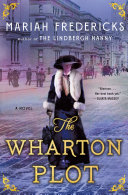
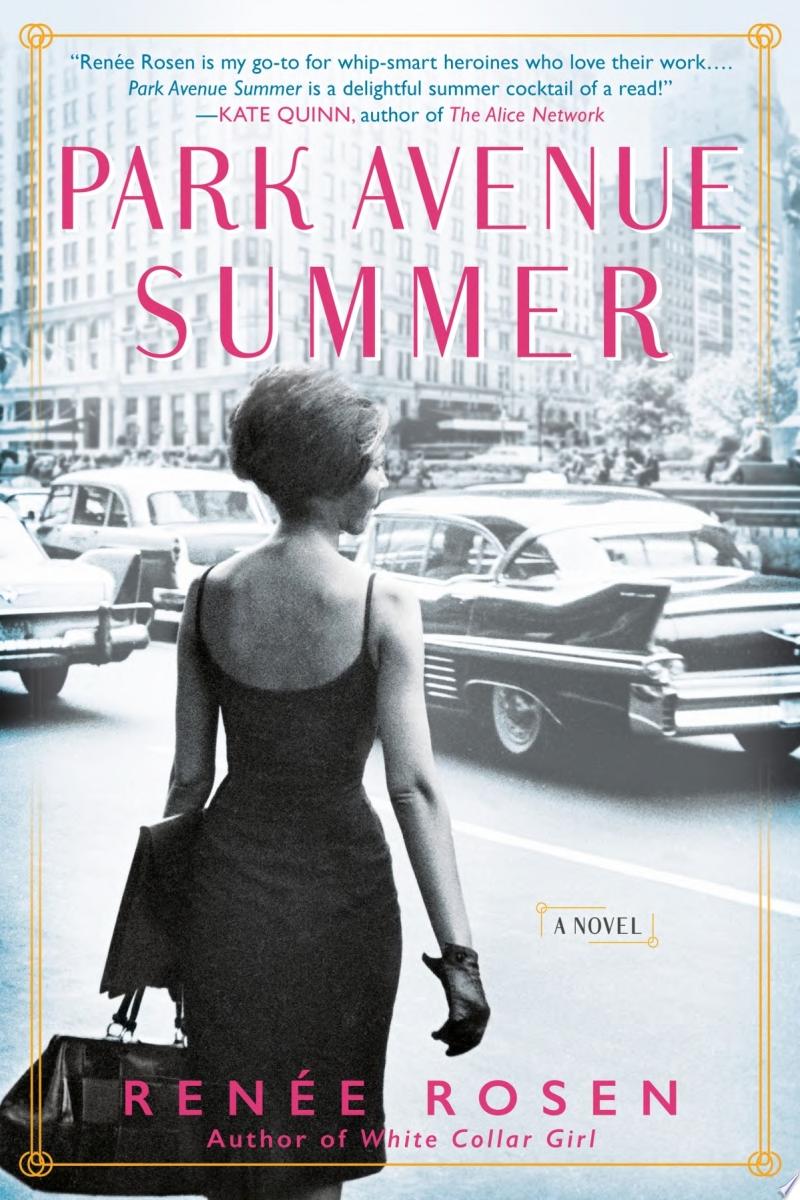
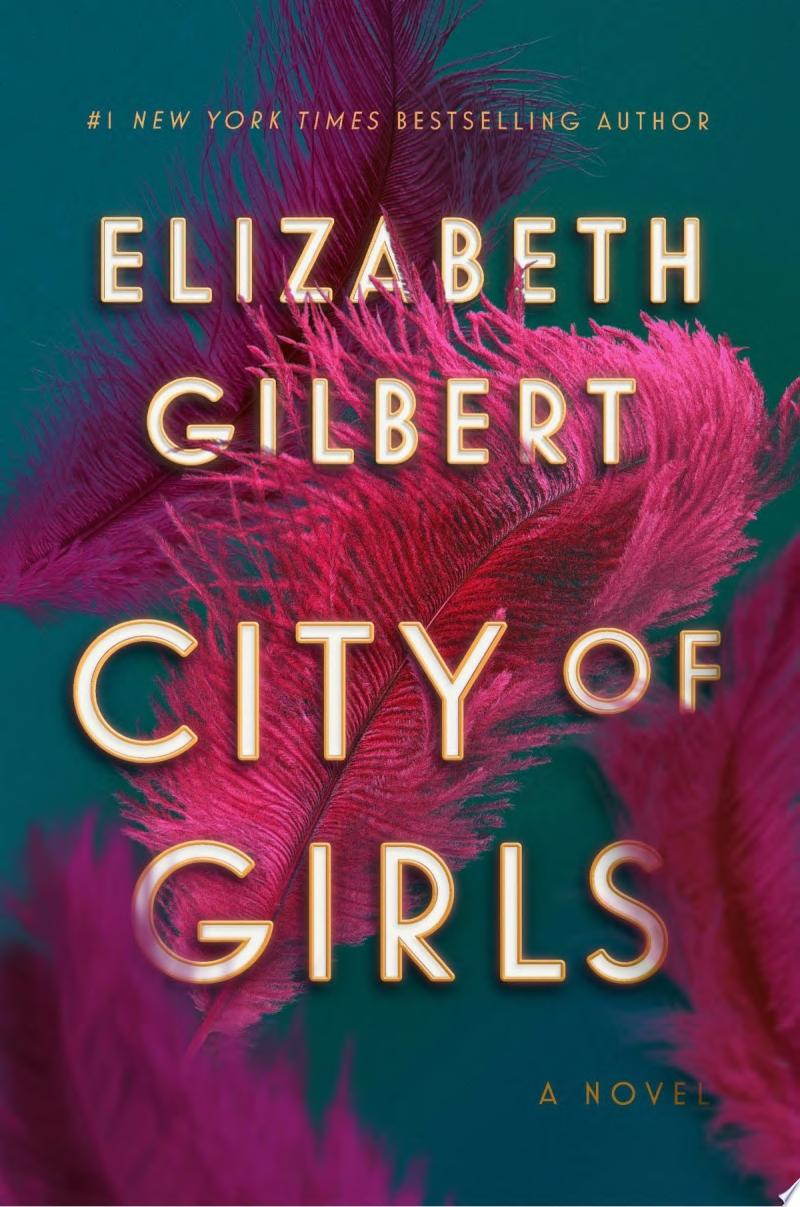
![Image for "Violeta [English Edition]"](/sites/default/files/%5Bdate%3Acustom%3AY%5D-%5Bdate%3Acustom%3Am%5D/0593496221.jpg)
